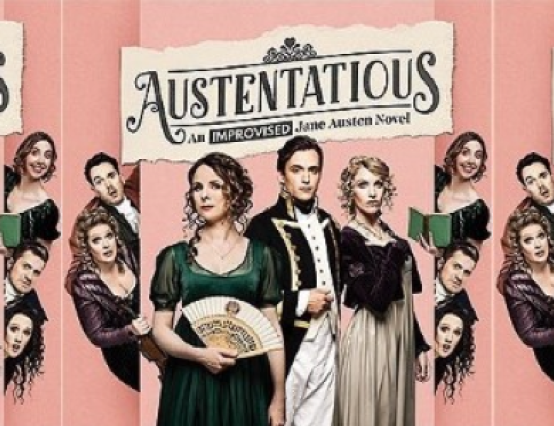Secretarial positions, make-up, gendered words, stripping, rap music, single-sex schools.
Although there are debates over each of these counts, in some way or another they can all be argued to be forms of subtle sexism or historic misogyny. So do we need to throw out everything which has a root in the patriarchy? Do we each, men and women alike, have a responsibility to stop sexist traditions at the expense of personal convenience?
It is easy to explain the scope of this case using the typical example of letting a man pay for dinner on a date. Notice that this is not expecting a man to pay, because that’s more objectively unfair, but instead simply allowing him to pay if he asks. On one hand, it’s a simple gesture of kindness, on its own completely unrelated to any gender debate. But on the other hand, it has that history of assuming that women don’t make their own money and CAN’T make their own money. But do we need to make the awkward “sacrifice” of refusing this kind act simply because of its historic connotations, or can we accept that such connotations aren’t relevant in this situation?
Yet over the course of my still short life, I have discovered that such seemingly innocent gestures can in fact cause shocking harm. Surprising though it may sound, I feel that I faced more “sexism” in primary school than I have as a teenager. Back then, everyone just followed the stereotypes that were fed to us, the blue-pink, trucks-dolls, scientific-creative ones. But thanks to my parents, I wasn’t a normal six year old.
My parents brought me up using reversed stereotypes, which makes my childhood quite an interesting gender case study. I wasn’t allowed to wear pink, I was only ever given boys’ clothes and I certainly wasn’t allowed to own a single doll. These decisions greatly upset me at the time, for I never understood why I couldn’t play with ‘Baby Anabelle’ when all my friends were allowed to. However, as I’ve matured, I have begun to understand why my parents made that decision. Their reasoning has become clear: dolls are a “girl’s toy” because girls are brought up to be mothers and housewives. Thus, when a boy is mocked for playing with dolls he is being told that a man, looking after a baby, is a wholly ridiculous concept.
This stereotype, however, doesn’t translate to the rest of society, because dads are now more involved than ever before. Just recently we’ve witnessed the new maternity/paternity laws being introduced, and more men are becoming stay-at-home dads – the progress in this area is amazing. So why aren’t these leaps of progress being passed down to the deeply-entrenched system of gendered toys? I can only theorise that the answer is because people don’t class such things as important. Perhaps they consider these stereotypes as“harmless”.
But when you tell a boy that he’s not allowed to play with dolls, you’re telling him that it’s not a man’s job to look after children. Then you have to fix this belief later in life – which at least people thankfully are doing. I believe that this example highlights how problematic, unnecessarily problematic, these “meaningless little things” can be.
Thus, I ask you, do we have an individual responsibility for feminism? Are you responsible for denying your five year old daughter a doll to benefit the greater good of stopping the enforcement of gender roles on young children?
Evidently my parents decided that the answer to this question was yes, and when I became old enough to understand the implications of using items which arguably have misogynistic roots, it became my choice. And now I wear make-up, dresses even, if I’m feeling especially daring, the colour pink.
I hope therefore I have demonstrated the link between seemingly innocent gestures and the perpetuation of gender stereotypes. Allowing a little girl to play with a doll and a little boy to play with a truck may seem inconsequential compared to the gender pay gap, or the #MeToo movement, but I do think we have a duty to not force stereotypes onto children. I think we also have a duty to not force stereotypes on ourselves. I do think women need to be aware of the misogynistic history of stripping, or of letting a man pay for dinner. However, I also think that these things can be expressions of freedom and equality, and you need to weigh up both sides of the argument, as well as considering both your intentions behind an action and the way it will be perceived. It’s only ever your choice, and your choice alone, as to whether you do these things or not, and undoubtedly no one has the right to judge anyone else for it.
And I do think that counts for the little, day-to-day things too, like who does the clothes wash at home and who does the dishes. Change starts on a small scale.
So yes, I hate dolls. I think they’re the evil reincarnation of gender stereotypes in the form of a toy. And I do think that innocent gestures such as these matter. I believe that we have an individual responsibility for feminism, even if that means being the one to refuse a well-intended gesture. For me, my responsibility for feminism trumps convenience. And I will indeed continue to insist that brothers are asked to help around the house just as much as sisters are.
Maybe this small action on my behalf will help the momentum of change gather strength. And if it does, I will be proud to say that I upheld my individual responsibility to feminism.









0 Comments